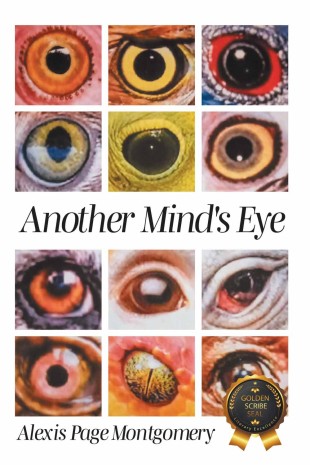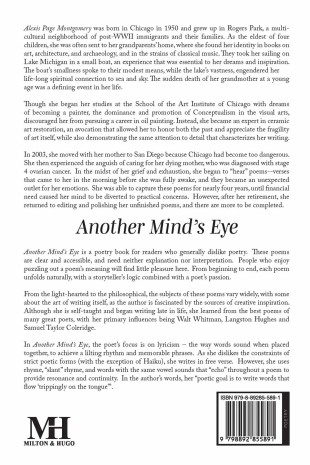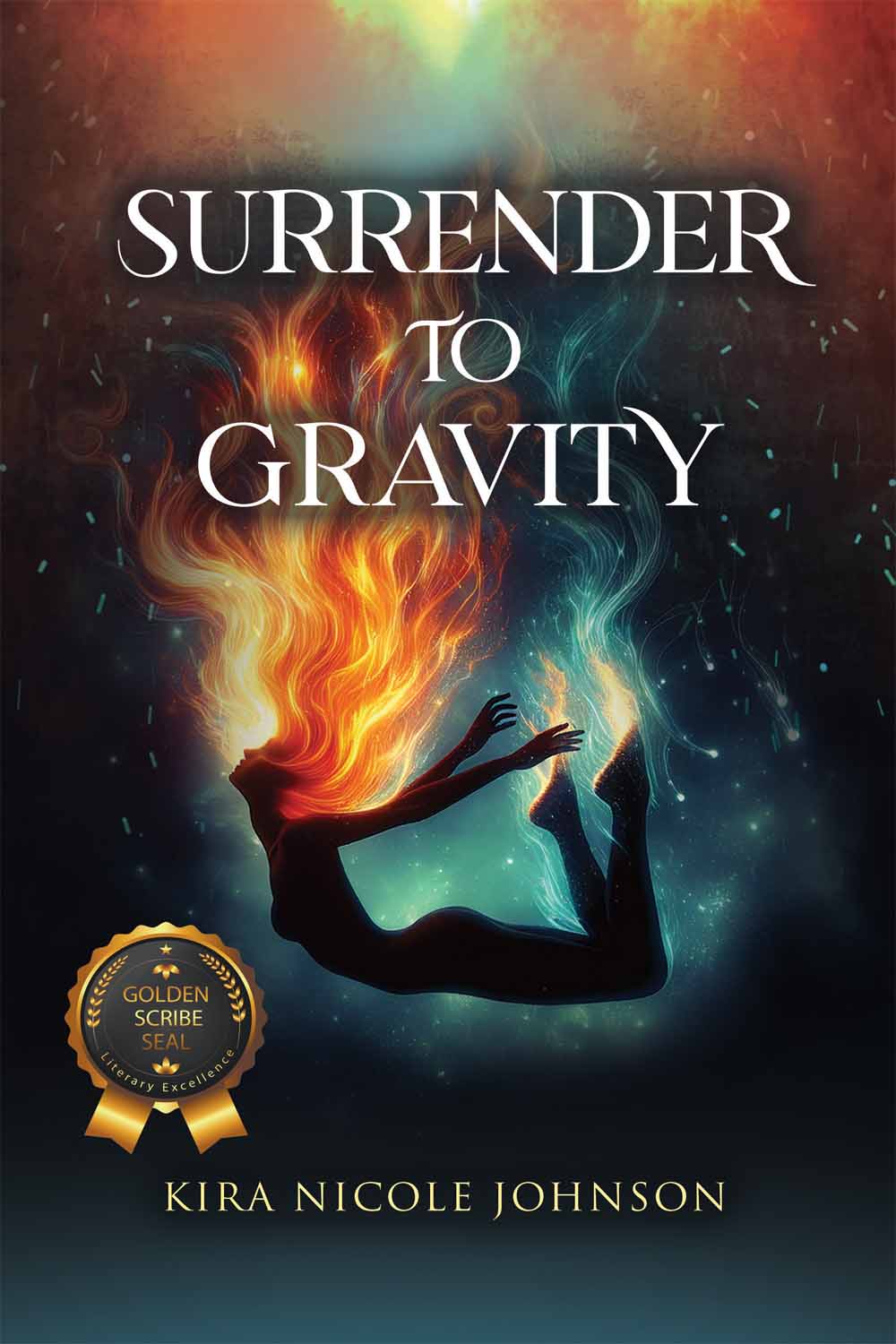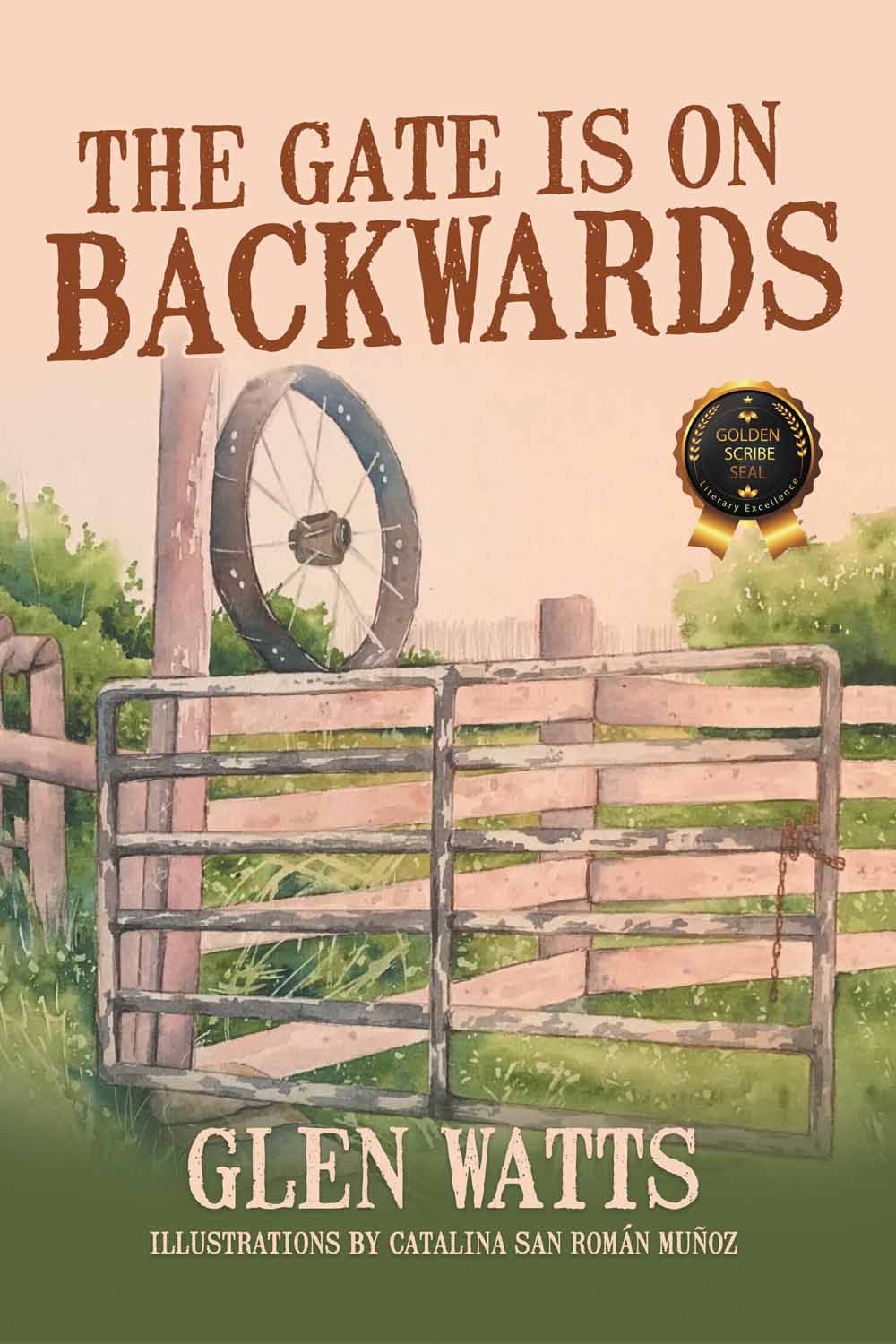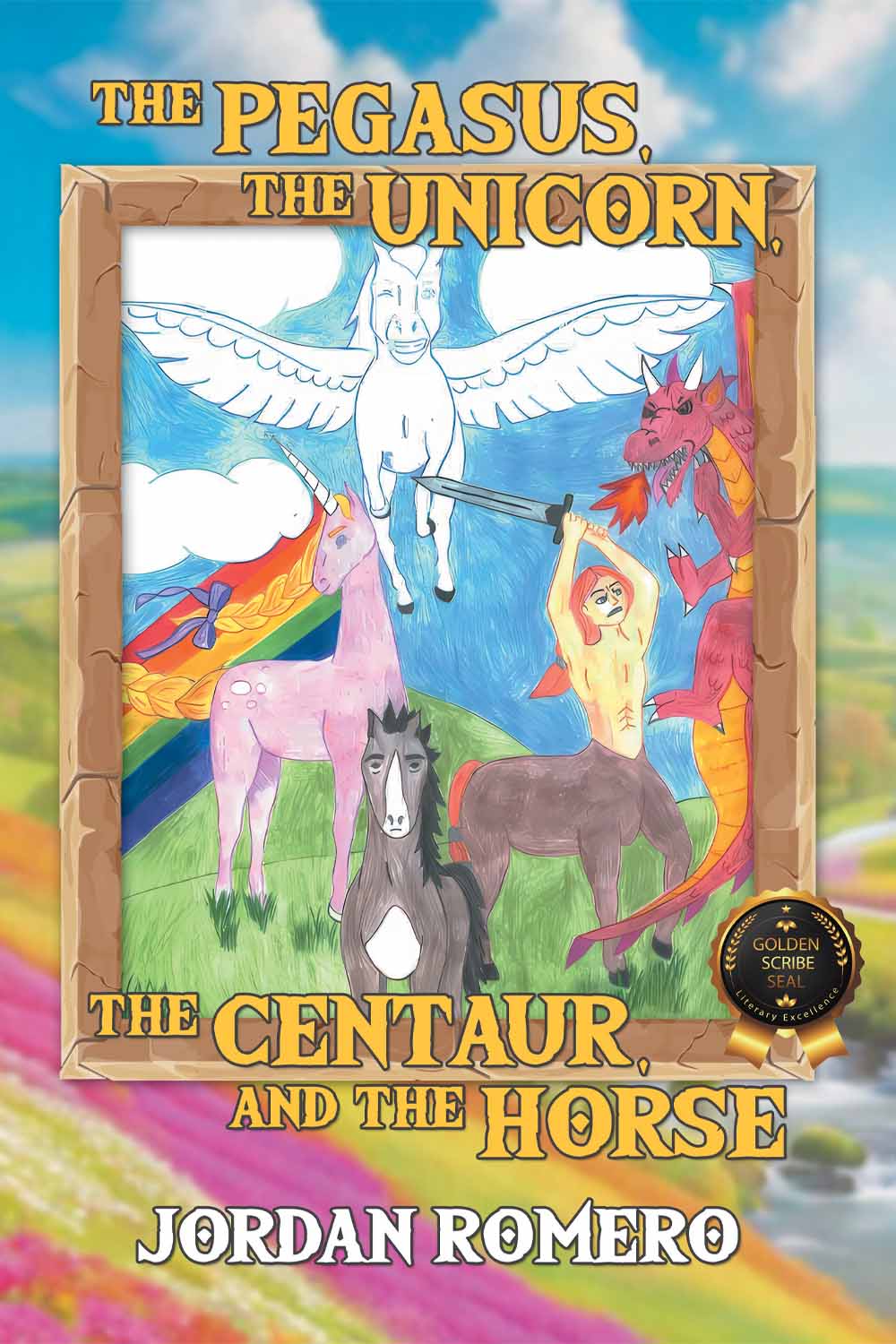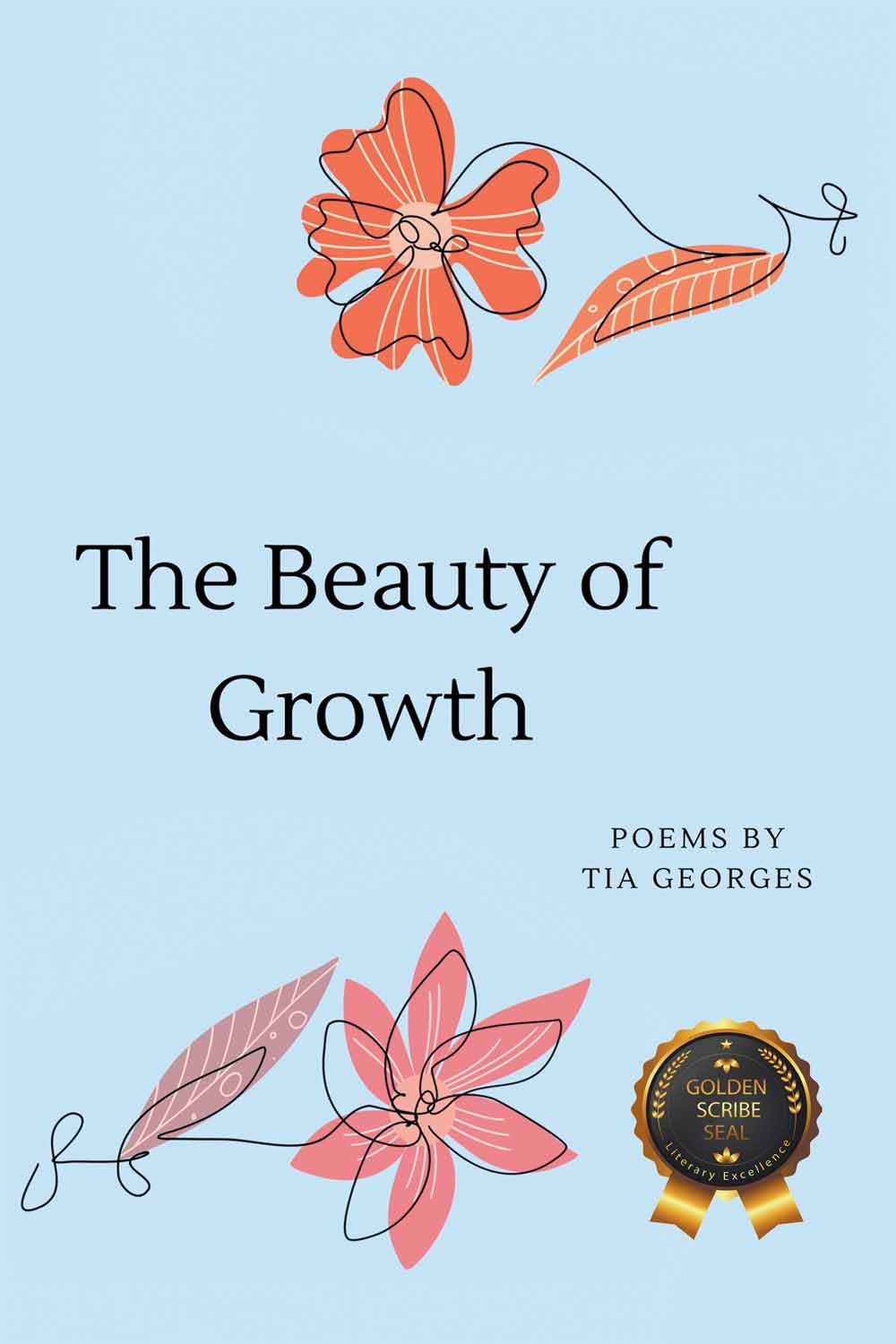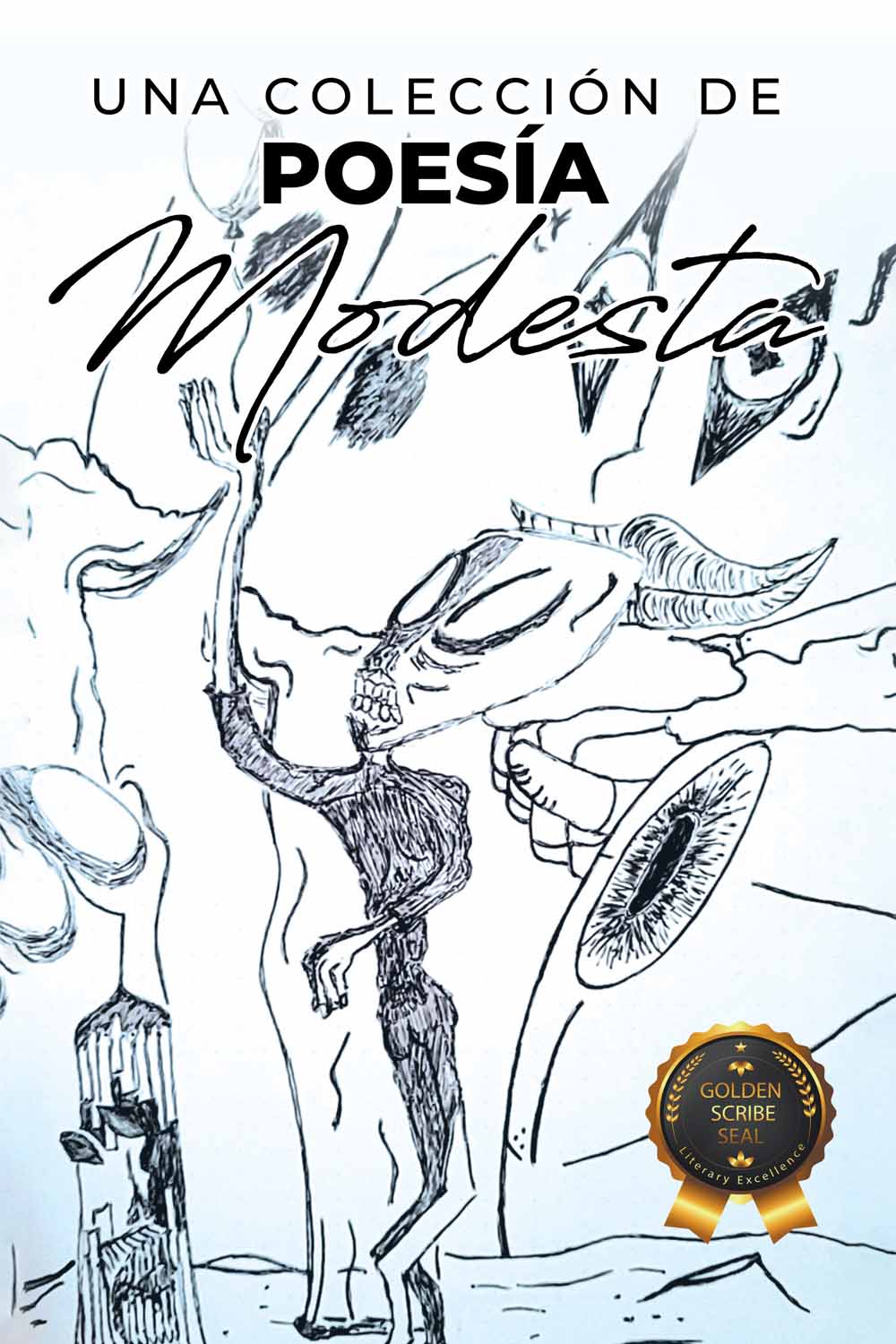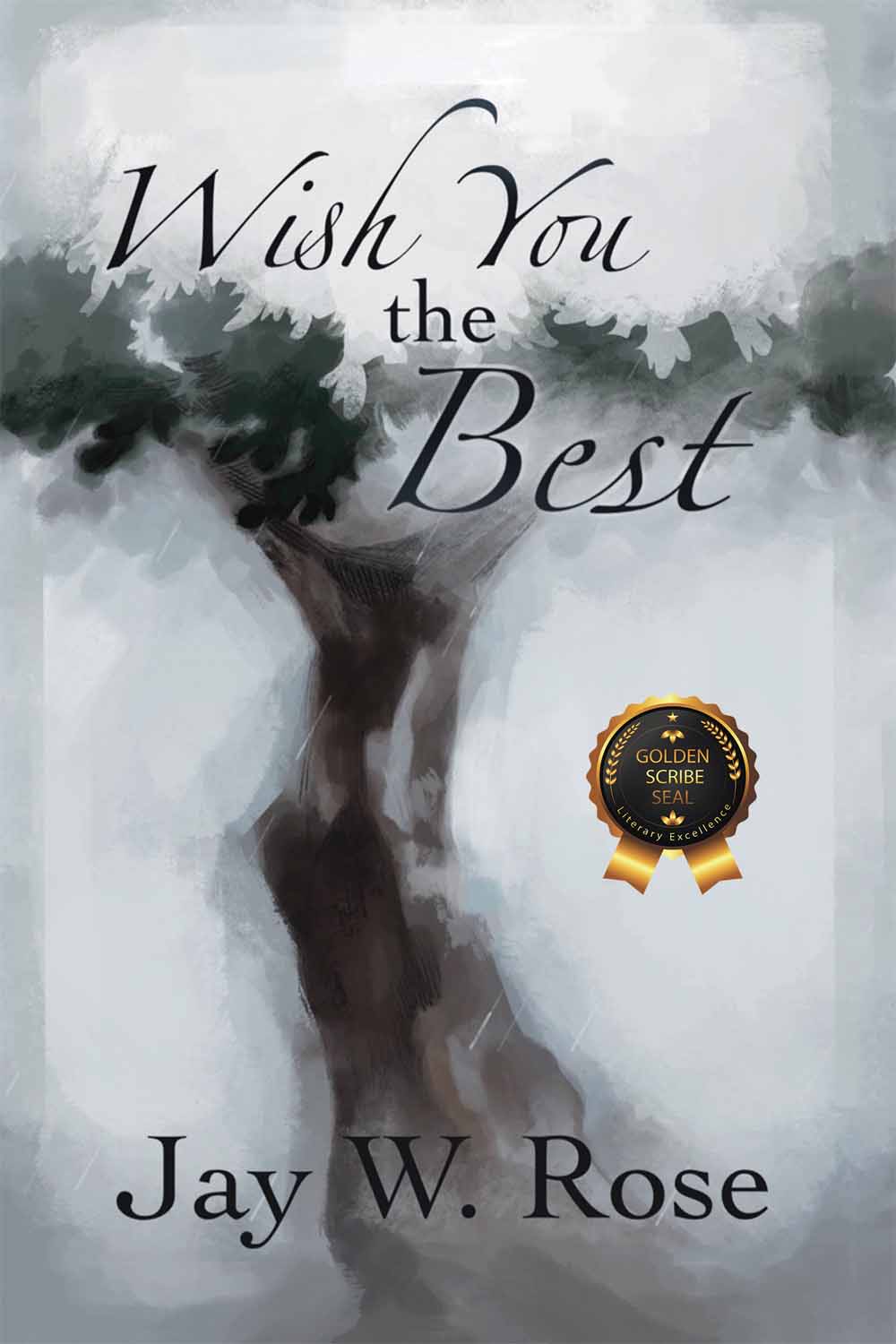Another Mind's Eye
Author: Alexis Page Montgomery
About The Book
Another Mind's Eye is a poetry book for readers who generally dislike poetry. These poems are clear and accessible, and need neither explanation nor interpretation. People who enjoy
puzzling out a poem's meaning will find little pleasure here. From beginning to end, each poem unfolds naturally, with a storyteller's logic combined with a poet's passion.
From the light-hearted to the philosophical, the subjects of these poems vary widely, with some about the art of writing itself, as the author is fascinated by the sources of creative inspiration. Although she is self-taught and began writing late in life, she learned from the best poems of many great poets, with her primary influences being Walt Whitman, Langston Hughes and Samuel Taylor Coleridge.
In Another Mind's Eye, the poet's focus is on lyricism - the way words sound when placed together, to achieve a lilting rhythm and memorable phrases. As she dislikes the constraints of strict poetic forms (with the exception of Haiku), she writes in free verse. However, she uses rhyme, "slant" rhyme, and words with the same vowel sounds that "echo" throughout a poem to provide resonance and continuity. In the author's words, her "poetic goal is to write words that flow 'trippingly on the tongue'".
About The Author
Alexis Page Montgomery was born in Chicago in 1950 and grew up in Rogers Park, a multicultural neighborhood of post-WWII immigrants and their families. As the eldest of four children, she was often sent to her grandparents' home, where she found her identity in books on art, architecture, and archaeology, and in the strains of classical music. They took her sailing on Lake Michigan in a small boat, an experience that was essential to her dreams and inspiration. The boat's smallness spoke to their modest means, while the lake's vastness, engendered her life-long spiritual connection to sea and sky. The sudden death of her grandmother at a young age was a defining event in her life. Though she began her studies at the School of the Art Institute of Chicago with dreams of becoming a painter, the dominance and promotion of Conceptualism in the visual arts, discouraged her from pursuing a career in oil painting. Instead, she became an expert in ceramic art restoration, an avocation that allowed her to honor both the past and appreciate the fragility of art itself, while also demonstrating the same attention to detail that characterizes her writing. In 2003, she moved with her mother to San Diego because Chicago had become too dangerous. She then experienced the anguish of caring for her dying mother, who was diagnosed with stage 4 ovarian cancer. In the midst of her grief and exhaustion, she began to "hear" poems--verses that came to her in the morning before she was fully awake, and they became an unexpected outlet for her emotions. She was able to capture these poems for nearly four years, until financial need caused her mind to be diverted to practical concerns. However, after her retirement, she returned to editing and polishing her unfinished poems, and there are more to be completed.
About The Book
Another Mind's Eye is a poetry book for readers who generally dislike poetry. These poems are clear and accessible, and need neither explanation nor interpretation. People who enjoy
puzzling out a poem's meaning will find little pleasure here. From beginning to end, each poem unfolds naturally, with a storyteller's logic combined with a poet's passion.
From the light-hearted to the philosophical, the subjects of these poems vary widely, with some about the art of writing itself, as the author is fascinated by the sources of creative inspiration. Although she is self-taught and began writing late in life, she learned from the best poems of many great poets, with her primary influences being Walt Whitman, Langston Hughes and Samuel Taylor Coleridge.
In Another Mind's Eye, the poet's focus is on lyricism - the way words sound when placed together, to achieve a lilting rhythm and memorable phrases. As she dislikes the constraints of strict poetic forms (with the exception of Haiku), she writes in free verse. However, she uses rhyme, "slant" rhyme, and words with the same vowel sounds that "echo" throughout a poem to provide resonance and continuity. In the author's words, her "poetic goal is to write words that flow 'trippingly on the tongue'".
About The Author
Alexis Page Montgomery was born in Chicago in 1950 and grew up in Rogers Park, a multicultural neighborhood of post-WWII immigrants and their families. As the eldest of four children, she was often sent to her grandparents' home, where she found her identity in books on art, architecture, and archaeology, and in the strains of classical music. They took her sailing on Lake Michigan in a small boat, an experience that was essential to her dreams and inspiration. The boat's smallness spoke to their modest means, while the lake's vastness, engendered her life-long spiritual connection to sea and sky. The sudden death of her grandmother at a young age was a defining event in her life. Though she began her studies at the School of the Art Institute of Chicago with dreams of becoming a painter, the dominance and promotion of Conceptualism in the visual arts, discouraged her from pursuing a career in oil painting. Instead, she became an expert in ceramic art restoration, an avocation that allowed her to honor both the past and appreciate the fragility of art itself, while also demonstrating the same attention to detail that characterizes her writing. In 2003, she moved with her mother to San Diego because Chicago had become too dangerous. She then experienced the anguish of caring for her dying mother, who was diagnosed with stage 4 ovarian cancer. In the midst of her grief and exhaustion, she began to "hear" poems--verses that came to her in the morning before she was fully awake, and they became an unexpected outlet for her emotions. She was able to capture these poems for nearly four years, until financial need caused her mind to be diverted to practical concerns. However, after her retirement, she returned to editing and polishing her unfinished poems, and there are more to be completed.
